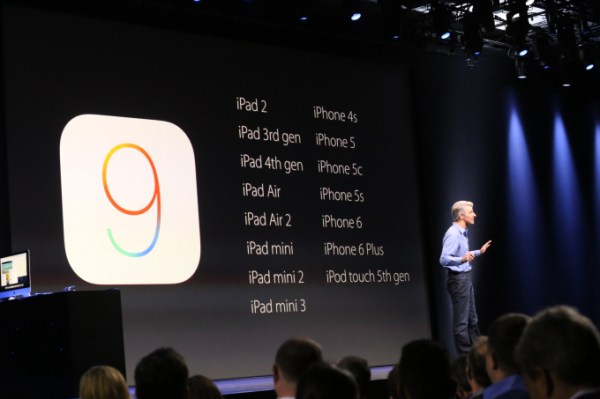Apple is hoping to lure developers away from the temptations of the URL scheme, which Twitter infamously made use of last year to track what apps are installed on your iOS device, To do that, they’ve introduced a new alternative in Universal Links, which can direct users right to the relevant content within your app, using just a standard web link preceded by either http:// or https://.
This alternate method has a few advantages, according to Apple, above and beyond the old way of doing things. First, it avoids the privacy issues. since use of the custom schemes doesn’t tell the originating app whether or not you have the destination app installed. It also means that links always open in the correct app, which isn’t true of URL schemes since any app can technically adopt them, resulting in conflict if more than one select the same.
Universal links also allow for a solid failure path which doesn’t result in a user encountering nothing at all when an app isn’t installed. Instead, the URL will direct them to an app’s companion website in Safari, either to the relevant content, or, so long as a developer sets one up, to a destination page that can prompt an app install.
Apple’s Universal Link features use standard http or https web links, and let you specify how much of your site can be found in your app, and what to do when content isn’t actually in your app yet (they can still find it on the web, and when you do add it, they’ll automatically be redirected to the app).
Setting up Universal Links that result in successfully routing users who click on links to your app involves some work for developers, including creating a special json file that resides on your website’s server. In iOS 9, Apple is making the process easier, too, by removing the requirement that this file be signed using an SSL certificate from an outside provider.
Apple clearly isn’t a fan of the existing way of doing things; it’s instituting a hard 50 URL scheme limit on apps submitted prior to iOS 9 that’s generated automatically though usage, after which using them will result in a failure without any indication of what’s gone wrong. The new Universal Links have a number of other benefits besides privacy, but users are probably going to be most appreciative of this change.
